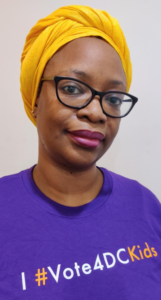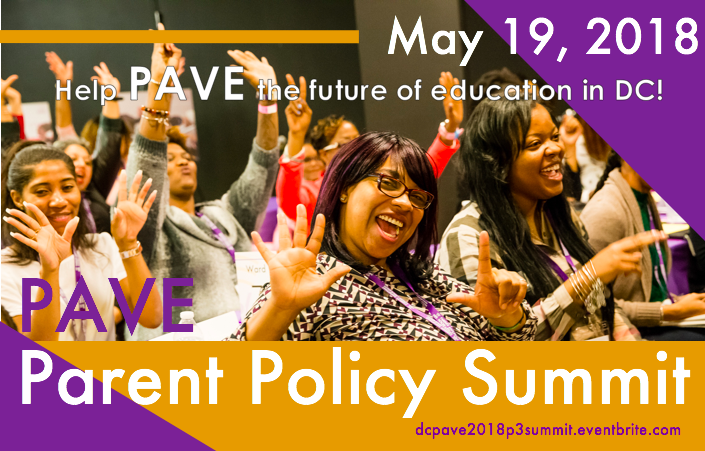 Living in close quarters for the last year means that my 10-year-old, for the first time in his life, has unfiltered access to his parents’ very adult feelings and emotions. He experiences first-hand our disagreements when tensions are high, our gripes about work issues, our tears as we mourn loved ones lost, our anxiety over dwindling resources, our fears over health concerns, and our outrage at whatever foolishness the world has on offer any given day.
Living in close quarters for the last year means that my 10-year-old, for the first time in his life, has unfiltered access to his parents’ very adult feelings and emotions. He experiences first-hand our disagreements when tensions are high, our gripes about work issues, our tears as we mourn loved ones lost, our anxiety over dwindling resources, our fears over health concerns, and our outrage at whatever foolishness the world has on offer any given day.
We do try, with smiles and positive words, to maintain a sense of normalcy, though this in itself is another source of stress! We frequently sacrifice our emotional venting to protect our son’s peace of mind. We have internalized so much trauma in the last year because we want to protect him from the ugliness of the world as long as we possibly can—especially around matters of race. So far, my husband and I have worked hard not to taint his burgeoning understanding of what it means to live in a multiracial/multicultural society with our perspective on racism and discrimination. Our experiences are ours, and he will have his own, hopefully better than ours. In preparing him for the future, we want to establish him on a firm foundation shored up by an unshakeable confidence in his value and self-worth. We wanted to instill in him pride of his background and cultural heritage while slowly taking our time addressing the isms of society. However, these past 12 months messed up the order of our plans!
As much as we tried to restrain ourselves, there have been many moments when the litany of racial violence and injustice combined with the tragic consequences of decisions made by our nation’s leaders while managing the current pandemic, adversely affected the mood in our household. This in turn caused our son to experience anxiety in a way he has never felt before, and forced him to confront feelings that he wasn’t prepared for.
As I ruminate on these matters, I know my family is not alone. Every family needs access to some form of mental health support right now. When it comes to mental health, we are all struggling: regardless of socio-economic status, race, or background, all of us have been pushed into a hyper-emotional state, the manifestation of which is severely impacting the mental health of our kids. If my family, which can afford counseling and other kinds of support, has had difficult moments, what is happening to students in families where food is scarce or eviction is imminent? What about those living under the threat of domestic violence? When students finally return to in-person learning, they will need additional help processing all they saw, heard and experienced during a year of being at home constantly.
In the coming weeks, as city leaders make budgetary decisions on how to allocate funds provided by the federal government for recovery, it is my hope that they take into account that things have changed for everyone. Investment should be made in understanding this new landscape that we find ourselves in and in assessing which mental health resources and services need to be modified to accommodate changing needs. The traditional definition of what designations like “at-risk” and “vulnerable” constitute will need to be expanded in order to ensure that all of our students and their families can get the help they need. I know this is a big ask, but on behalf of all of the parents and caretakers working to hold their families together under trying conditions; on behalf of beleaguered teachers and school administrators putting in time to ensure our city’s students stay the course academically; and finally on behalf of all our children who did not ask to be put in the position they are in and are having to bear the brunt of adult decisions, I beg you to give mental health supports the attention and funds they deserve.
By Maryam Oladipupo, Ward 5 PLE Board member

